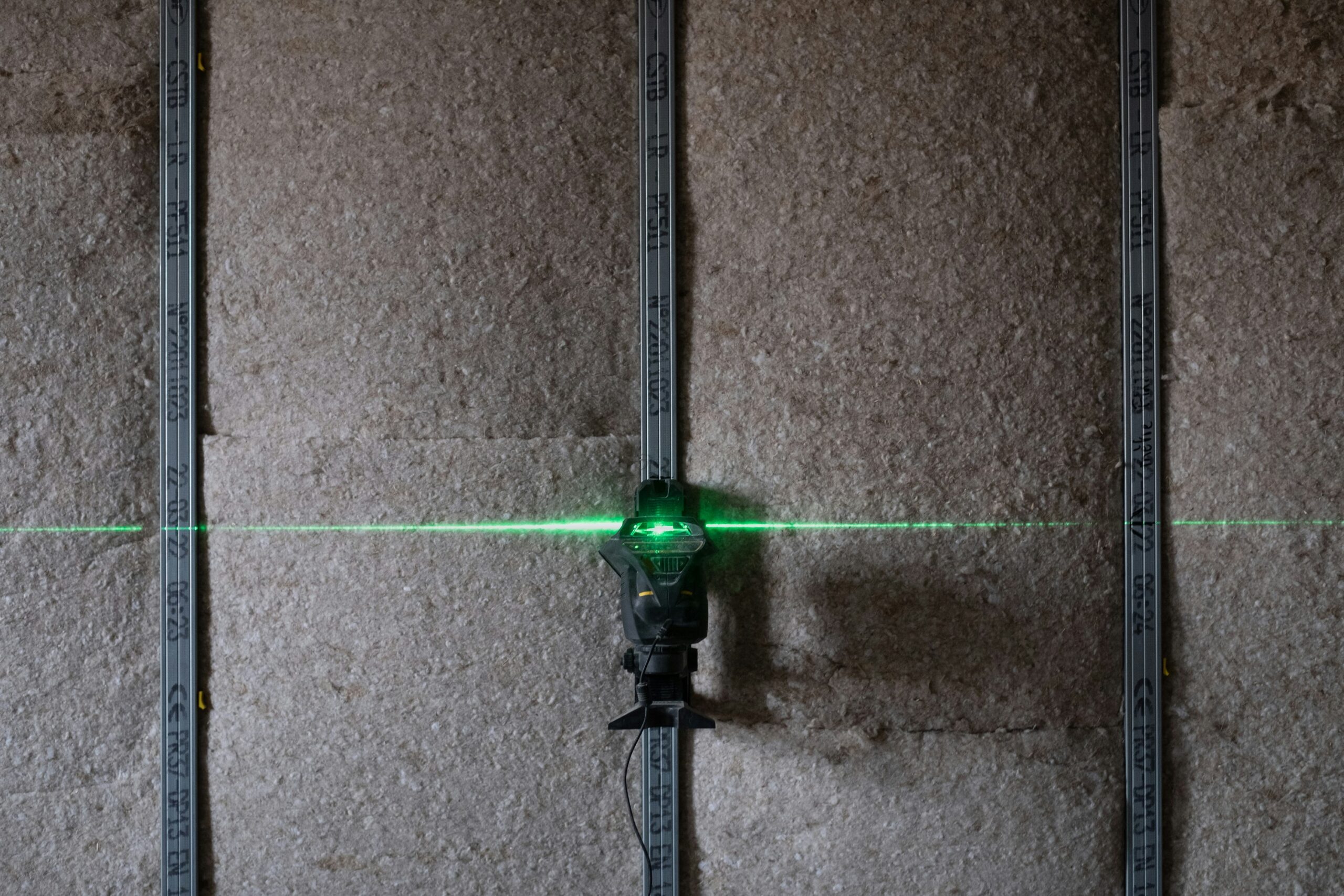Novel bio-based, hygroscopic insulation materials for enhanced energy performance and robustness of buildings

The construction sector in Sweden stands for about 22 % of total greenhouse gas emissions. Reducing the embodied carbon in new buildings can be achieved by a transition to bio-based insulation materials since conventional insulation accounts for about 20 % of the total embodied carbon. Additionally, bio-based materials are hygroscopic, i.e. they absorb moisture from the air which releases heat. Previous studies have shown that this is positive for the thermal performance of a building. Furthermore, hygroscopicity is advantageous in case of temporary moisture loads.
We will study the function and use of biobased insulation materials, and, by use of chemical modification, examine how the hygroscopic properties can be tailored to further enhance a building’s energy performance and robustness to temporary moisture loads.
The project is a collaboration between Lund University, University of Copenhagen and stakeholders from the construction sector included in the reference group.

Maria Fredriksson
Lund University

maria.fredriksson@byggtek.lth.se
Project information
Participants
Lund University
University of Copenhagen
Arbio Aktiebolag
Boverket - the Swedish National Board of Housing, Building and Planning
Evia AB
Hunton Fiber AB
Optimera Svenska AB
Södra
The Swedish Federation of Wood and Furniture Industry
Time schedule
January 2025 - December 2027
Total cost of project
8 549 483 SEK
Swedish Energy Agency project number
P2024-02943
More projects

Prestudy for commercial plants for OFS sustainable biofuels
Organofuel Sweden AB aims to commercialize a new, innovative and sustainable conversion process for biofuel production for road traffic and aviation. The…
Manager: Erik Nelsson
Ongoing

Management of young dense forests and harvesting of biomass for bioenergy while sustaining high biodiversity, social values and sustainability indexes
This project aims to The research objective is to study how thinning for many goals can be done in young dense stands…
Manager: Dan Bergström
Ongoing

Green2 Feed – Sustainable animal feed and biogas from green leaves
To become a bioeconomy for real – how do we solve issues about sustainable protein feed and renewable energy? In order to…
Manager: Thomas Prade
Ongoing


